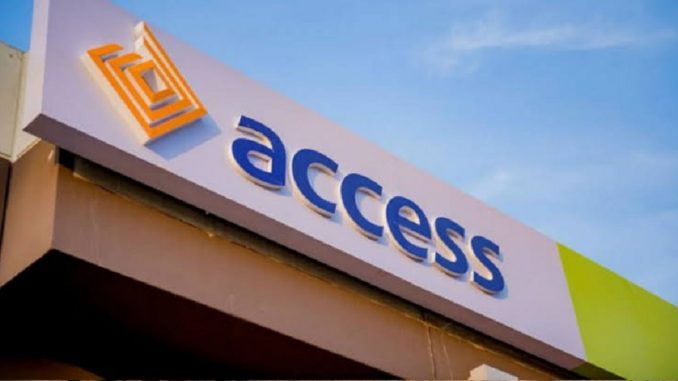
Access Bank, one of Nigeria’s largest financial institutions, has been making waves in the African banking sector with its aggressive expansion strategy. However, beneath the surface of this seemingly successful growth plan, lie significant weaknesses and threats that could potentially derail the bank’s progress.
One of the major concerns is the bank’s rising impairment charges, which have increased by 141.46% to N349.99bn in 9M 2025. This indicates higher credit costs and conservative provisioning amid macroeconomic headwinds, including inflationary pressures, FX volatility, and elevated interest rates. The bank’s declining return on equity (ROE) from 22.20% in 9M 2024 to 15.40% in 9M 2025 is another red flag, suggesting a decrease in profitability.
Furthermore, Access Bank’s expansion into Africa has come at a cost, with the bank shelving interim dividend payments due to regulatory requirements. The bank’s failure to meet the Central Bank of Nigeria’s (CBN) guidelines on paid-up share capital has led to a delay in dividend payments, which may impact investor confidence.
The bank also faces intense competition in the Nigerian banking sector, which may impact its market share and profitability. The macroeconomic headwinds, including inflationary pressures, FX volatility, and elevated interest rates, may constrain the bank’s profitability growth.
Despite these challenges, Access Bank has several strengths that have enabled it to maintain its position as one of Nigeria’s largest financial institutions. The bank’s diversified income streams, including interest income, fee-based income, and non-interest income, have supported its growth and resilience in the face of market volatility.
Access Bank’s strong liquidity position, with a loan-to-deposit ratio of 47.24% in 9M 2025, indicates sufficient liquidity to support future credit growth and investment opportunities. The bank’s focus on digital innovation has also supported its growth, with its digital services enabling it to reach a wider customer base.
The bank’s expansion into Africa has also presented opportunities for growth, with the African Continental Free Trade Area (AfCFTA) and the Pan African Payment and Settlement System (PAPSS) expected to increase trade and investment across the continent. The growing middle class in Africa also presents opportunities for Access Bank to increase its customer base and expand its services.
To mitigate the weaknesses and threats, Access Bank needs to focus on improving its asset quality, managing its credit risks, and diversifying its income streams. The bank should also prioritize digital innovation, investing in technology to enhance its services and reach a wider customer base.
In conclusion, Access Bank’s expansion strategy presents both opportunities and challenges. While the bank has several strengths that have enabled it to maintain its position as one of Nigeria’s largest financial institutions, it also faces significant weaknesses and threats that could potentially derail its progress. By focusing on improving its asset quality, managing its credit risks, and diversifying its income streams, Access Bank can mitigate these risks and achieve sustainable growth.
Key Financial Highlights:
| Indicator | 9M 2025 | 9M 2024 |
|---|---|---|
| Gross Revenue | N3.90trn | N3.42trn |
| Net Interest Income | N1.26trn | N844.84bn |
| Operating Income | N2.13trn | N1.79trn |
| Profit Before Tax | N616.25bn | N558.20bn |
| Profit After Tax | N447.55bn | N457.75bn |
Key Ratios:
| Indicator | 9M 2025 | 9M 2024 |
|---|---|---|
| Return on Equity (ROE) | 15.40% | 22.20% |
| Return on Assets (ROA) | 1.30% | 1.60% |
| Loan-to-Deposit Ratio | 47.24% | 62.52% |
| Cost-to-Income Ratio | 54.64% | 60.80% |




